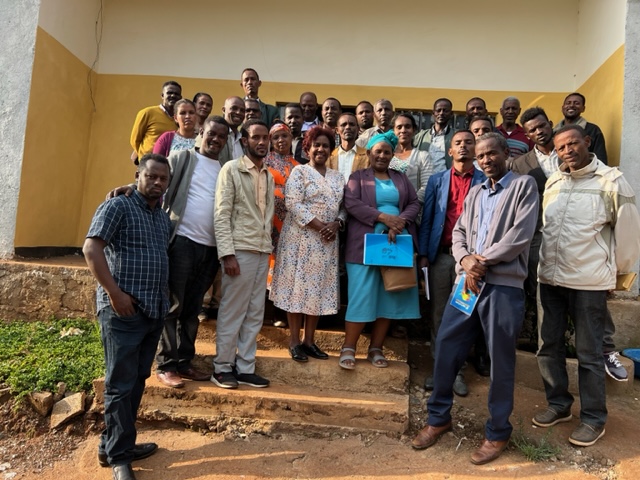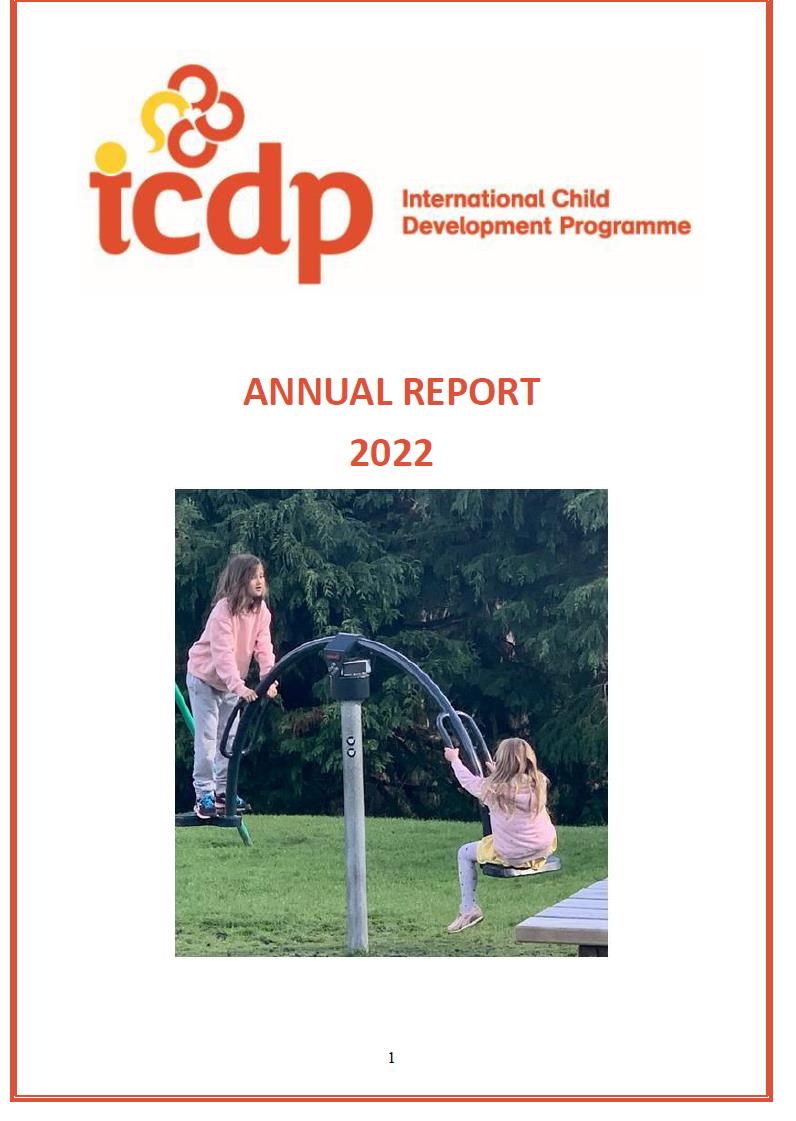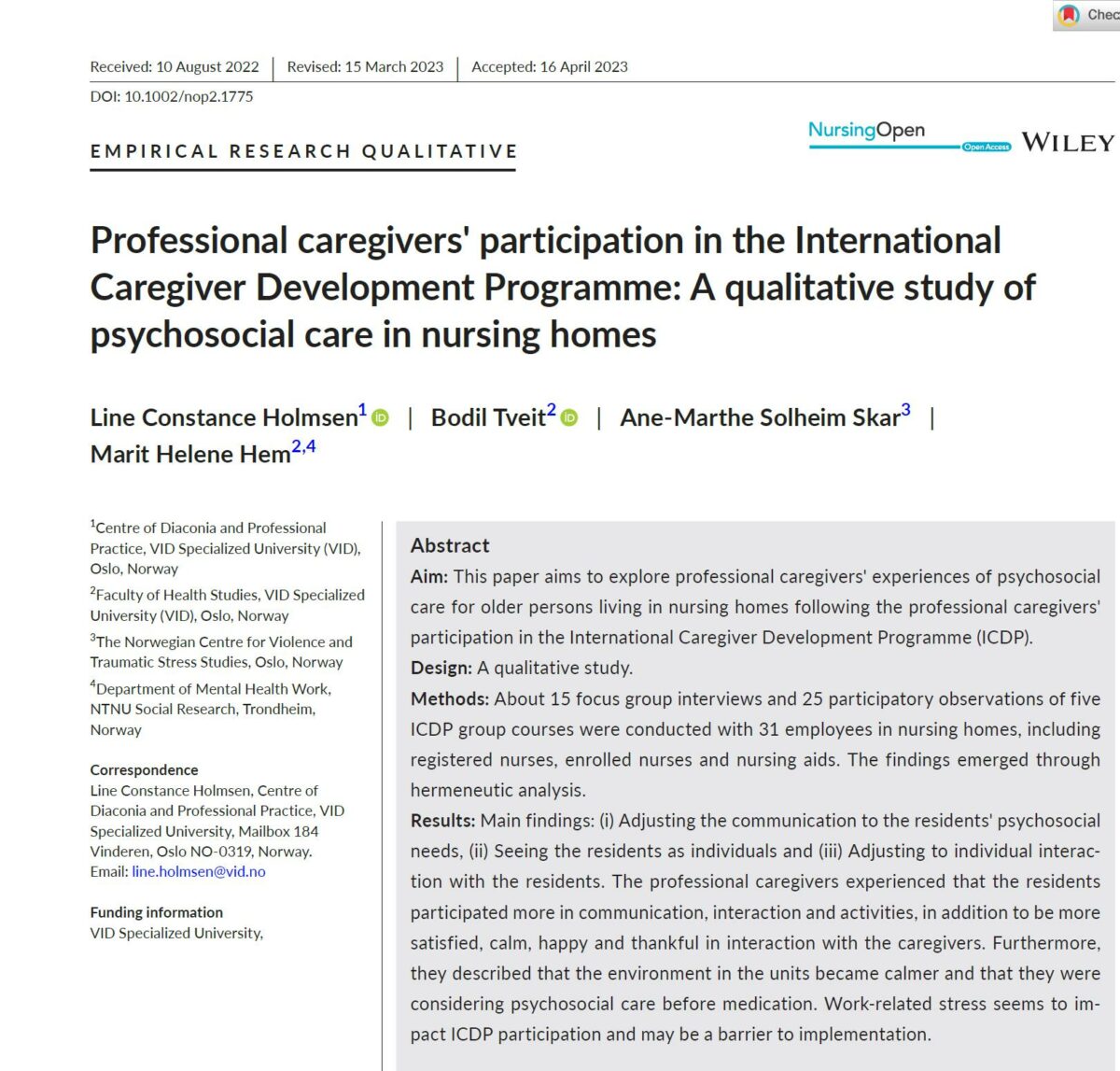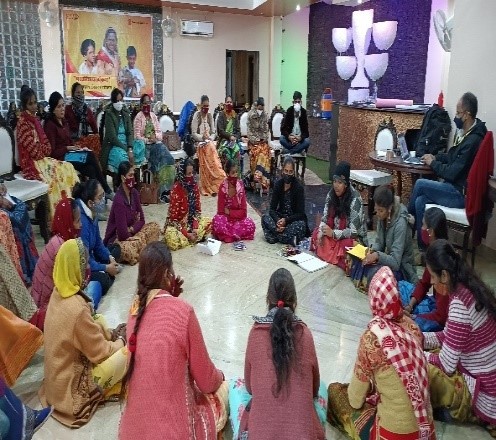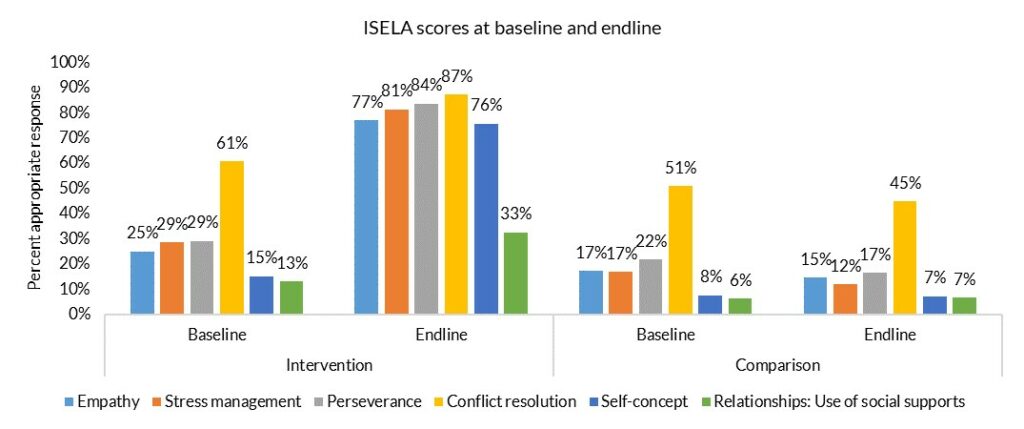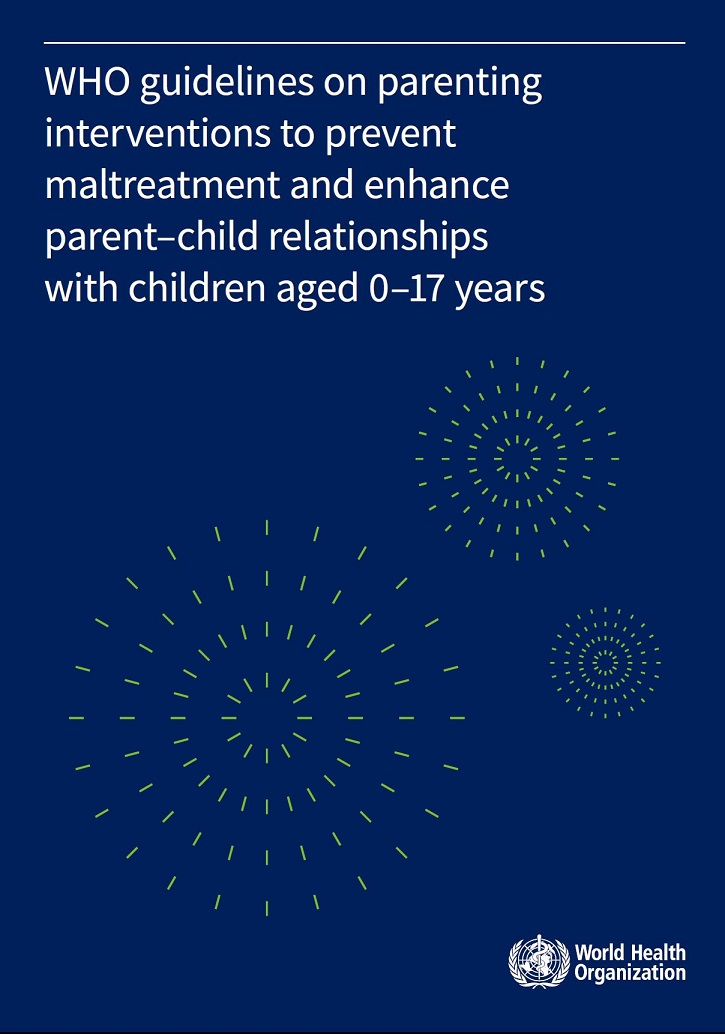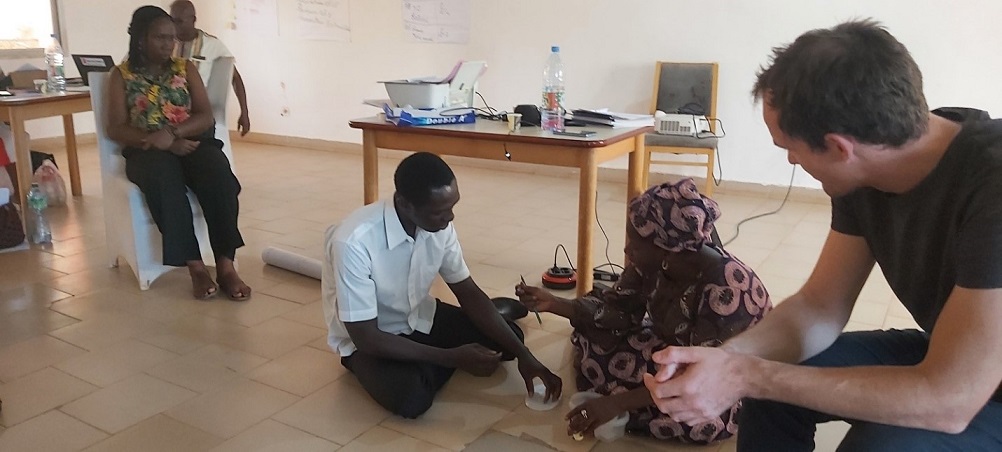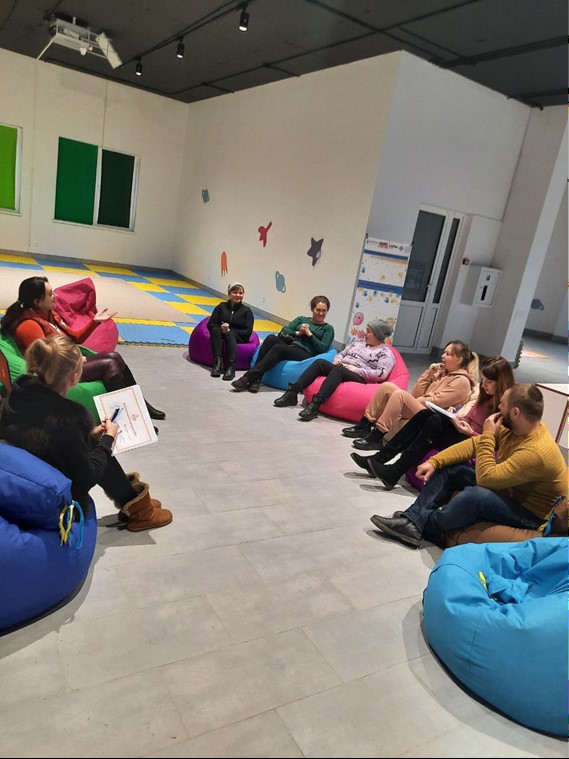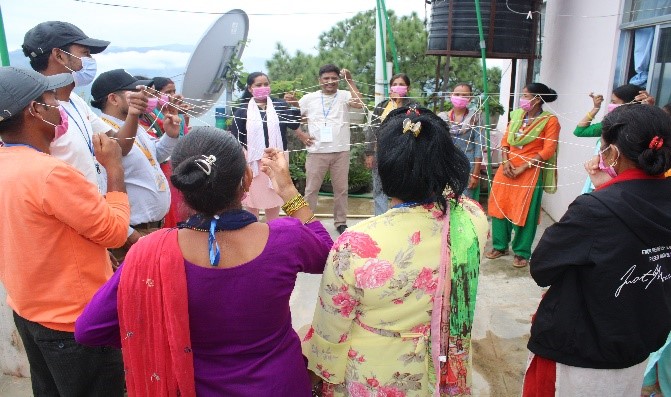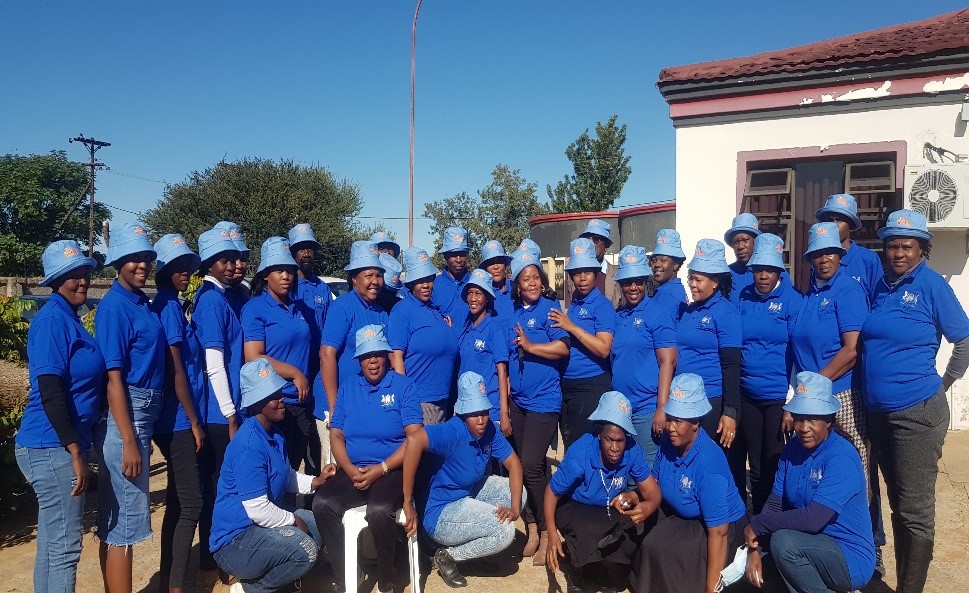Based on the report by Atnaf Berhanu:
Atnaf was in Ethiopia from January to the end of March 2023. During this period, she conducted 3 workshops to create awareness about the ICDP programme and in addition, she held 3 training workshops to form new ICDP facilitators. These workshops were all held in different parts of the country. It was a great effort, particularly as Atnaf continues to expand her work with the ICDP programme on voluntary basis. Despite the lack of financial support, Atnaf is determined to continue because she feels that ICDP is important.
A total of 180 church leaders attended the awareness raising workshops. This effort was very successful and the church leaders decided to have groups of facilitators formed in all 3 areas, as follows:
Shashemene, West Arsi Zone, Oromia Region, 250 km from Addis Abeba
Facilitator level training was given to 22 members of different local churches. There after the trained facilitators recruited parents and ran parent groups. Atnaf provided a support session to this team.
Wolayta Sodo, Southwest of Ethiopia
A group of 55 Church leaders were introduced to the ICDP principles, who found ICDP to be relevant to their congregations and afterwards asked for ICDP training to be conducted for new groups of facilitators; 33 members of different local churches attended the training – part one was accomplished in February and part two in March. Some of the facilitators started to run parent groups immediately after the training.
Debreberhan, about 120 km northeast of Addis Ababa
A total of 45 church leaders asked for ICDP training to be given to 22 members of their congregations. Part one of the training was given in February, and part two in March. During the training the participants shared their experiences on how they tend to treat their children due to lack of knowledge. After the training some of them said that they asked forgiveness from their children for the way they behaved before receiving ICDP.
Continuation of the work in Hawasa
In Hawasa, a group of previously trained ICDP facilitators have been giving parental guidance to families in their congregations. One local church carried out an evaluation with a group of 31 parents after they attended ICDP. The evaluation was based on the following questions and with following results:
Have they benefited from the training: all benefited very much, 1 to some extent.
About the impact of the intervention: 24 answered it was very good; 6 said it was medium.
Was there anything they did not understand: 24 said all was clear, 7 said it was clear to some extent.
Asked if they will share ICDP with others: 21 said they will share it with others; 9 said they hope to share it with others.

